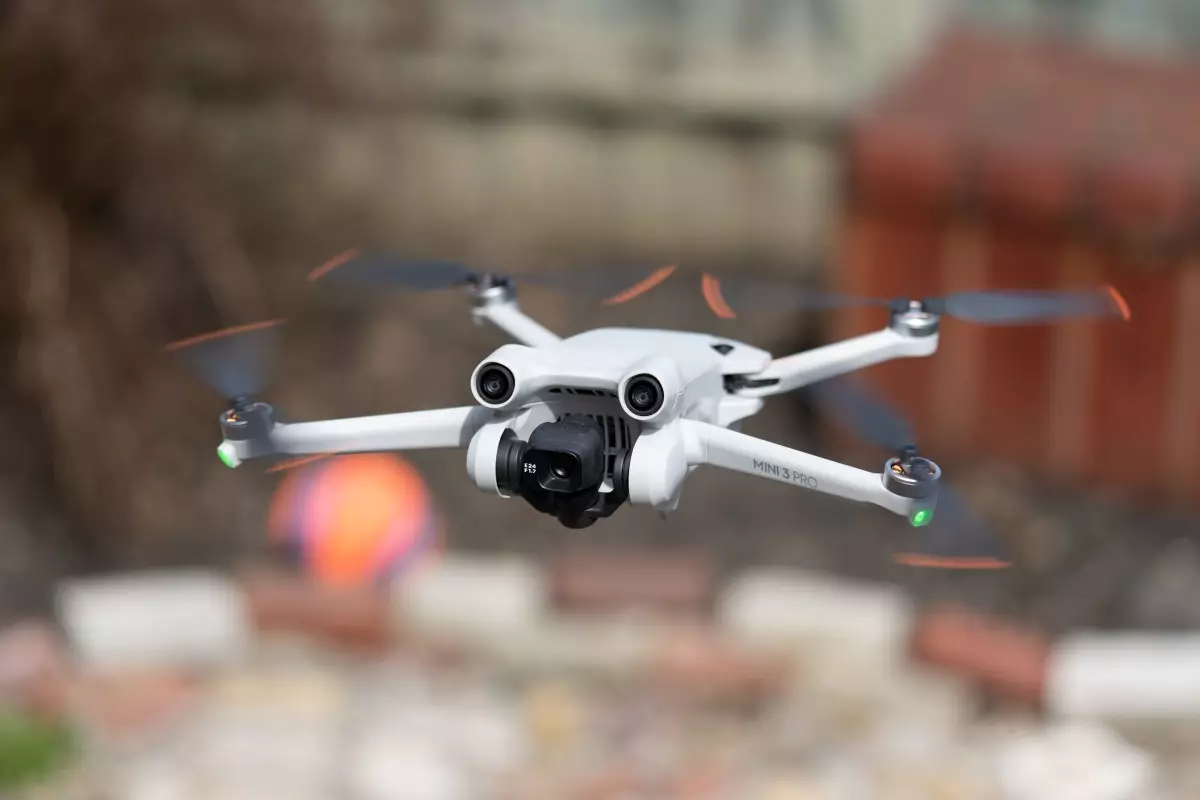In a notable move likely to impact international trade and relations, DJI, a leading drone manufacturer, has taken legal action against the United States Department of Defense (DoD). The lawsuit, filed on a Friday, stems from DJI’s listing on the DoD’s controversial compilation of “Chinese military companies.” This designation, which the company vehemently contests, has significant repercussions, casting doubt on DJI’s credibility and hampering its business operations in the American market.
Attempts at Resolution Fall Flat
DJI claims to have spent over sixteen months attempting to negotiate directly with the DoD to rectify its classification on this contentious list, a time period that underscores the company’s efforts to resolve this matter amicably before resorting to litigation. Bearing in mind the geopolitical nuances surrounding China and technological advancements, the company’s frustrations point to a growing divide between Washington and Beijing—a schism ablaze with accusations of espionage, military collusion, and economic competition.
According to DJI’s spokesperson, the company’s assertion of non-affiliation with the Chinese military is foundational to its legal argument. The spokesperson highlighted that DJI is primarily engaged in the development and production of consumer and commercial drones, not military hardware. This distinction, which the company believes is recognized even by the DoD itself, challenges the premise of the listing. By taking their case to federal court, DJI is signaling that it believes remediation is not possible through traditional channels, which raises further questions about transparency and government accountability in the classification process.
The background of this conflict reveals a timeline marred by escalating tensions between the U.S. government and DJI. The firm first found itself in hot water in 2020 when it was placed on the Department of Commerce’s Entity List, effectively limiting American companies from engaging in trade with DJI. Following this, in 2021, DJI faced an investment ban from the Treasury Department, primarily due to allegations surrounding its role in the surveillance of Uyghur Muslims in Xinjiang. These accusations have broadly characterized the company as a national security threat, prompting its classification as a military company—a label that DJI seeks to invalidate.
Both the lawsuit and the broader situation may set a significant precedent for other companies caught in the crossfire of international relations and technology. As geopolitical tensions continue to rise, companies like DJI could become scapegoats for larger government policies. Moreover, the outcome of the lawsuit may lead to tighter scrutiny of the processes behind governmental lists, compelling both the U.S. and allied nations to reassess their approach to emerging technologies from foreign firms.
DJI’s legal challenge raises pertinent questions regarding privacy, corporate ethics, and national security, issues that remain crucial as the balance of power shifts globally. The resolution of this dispute could redefine not only DJI’s future but also the broader landscape of international commerce concerning technological innovation in a climate of mistrust.

